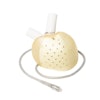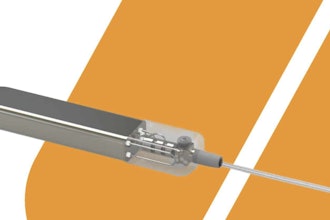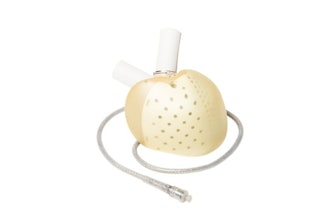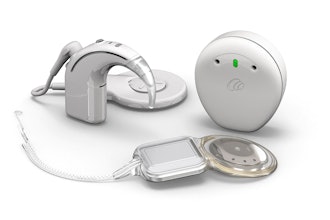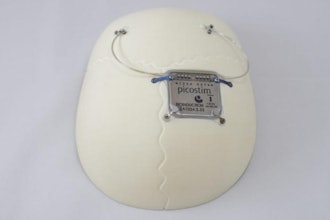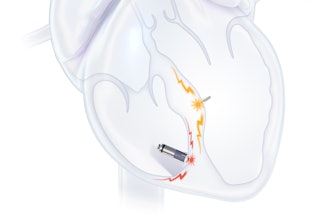
The U.S. Food and Drug Administration (FDA) is informing health care providers about updated information associated with paclitaxel-coated devices used to treat peripheral arterial disease (PAD).
Based on the FDA's review of the totality of the available data and analyses, we have determined that the data does not support an excess mortality risk for paclitaxel-coated devices. The FDA previously communicated about this topic in 2019 and is now providing updated information.
The agency is recommending health care providers:
- Discuss the risks and benefits of all available PAD treatment options, including paclitaxel-coated devices, with your patients.
- Continue routine monitoring of patients treated with paclitaxel-coated balloons and paclitaxel-eluting stents.
- Ensure patients receive optimal medical therapy for PAD and other cardiovascular risk factors as well as guidance on healthy lifestyles including weight control, smoking cessation, and exercise.
- Report any adverse events or suspected adverse events to the FDA.
Boston Scientific cheered the update.
“We are pleased that, after continued analysis of data and collaboration among a broad set of stakeholders, the FDA has determined the large body of long-term clinical data do not support an excess mortality risk for paclitaxel-coated devices used to treat patients with PAD,” said Dr. Michael R. Jaff, chief medical officer and vice president, Peripheral Interventions, Boston Scientific. “We remain dedicated to helping physicians provide the best care possible for their patients through access to life-changing technologies, including the Eluvia™ Drug-Eluting Vascular Stent System (DES) and the Ranger™ Drug-Coated Balloon (DCB), both of which have demonstrated excellent safety profiles and very low revascularization rates in the hundreds of thousands of patients treated worldwide with these devices.”


